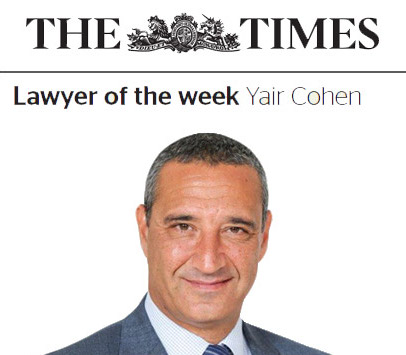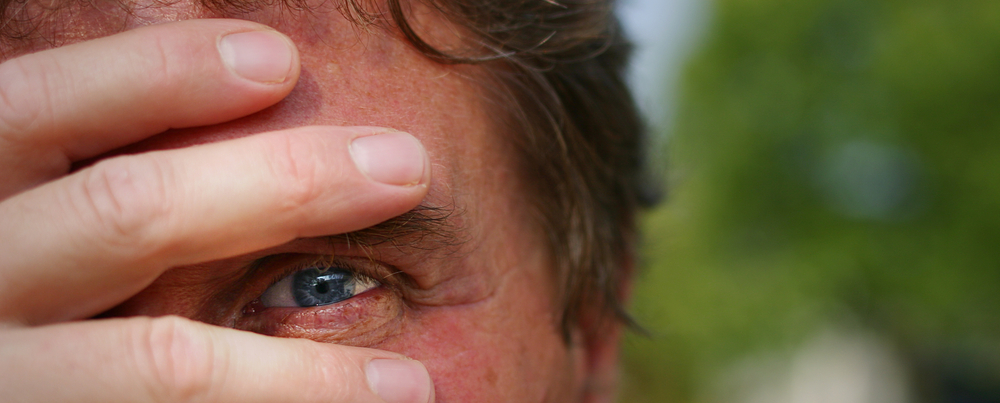Right to be forgotten where you were not convicted at trial
If you were to do a simple Google search of your name, and you were greeted by maybe just one or several articles which reveal details of a small hurdle in your past, you are likely to feel distressed, especially in instances where no charges were put against you.
Can you remove news articles about a court case
Do you have a right to remove news articles from the internet
Can a newspaper publish about your court case even if you were found not guilty
How to get an online news article removed
Why you should take steps to have news articles about your court case removed
Can you remove news articles about a court case
It is possible to remove news articles that describe a court case with which you had been involved. If the subject matter of the news article is you, particularly in a case where you had been found not guilty, it is clearly unfair that information about will remain so readily available to anyone who wants to find information about you, despite it being out of date. In this case, you will have to keep explaining and justifying your past, especially where you have done nothing wrong. This could result in the loss of potential employment, lost of relationships and loss of confidence.
In a recent case, our client, a successful professional person had been accused of theft and after a trial in the Crown Court, was found not guilty. Still, three years later, if someone were to search for his name, they would find news articles reporting about the court case, with highly sensational headlines. We often assist clients who find themselves in similar situations but who feel they don’t know who or where to turn for help. Some are unaware of their legal rights whilst others believe, and rightly so, that they might be entitled to have content removed from the internet under what is known as the right to erasure, more commonly known as the right to be forgotten. Scrolling down the pages of each article about you, trying to find the details of the publisher in order to ask them to delete the content and having the articles removed from source or from internet searches, could be a highly challenging task, particularly if you haven’t done this type of work previously.
Do you have a right to remove news articles from the internet
Depending on the circumstances of the publication, you might have a right to remove news articles from the internet For example, our client, Laura, who worked as a teacher in a private school in the South East did not realise the magnitude of media publications and the articles which had been written about her and about her court case. Her case followed a matter in 2014 where she had been accused of assaulting her husband, yet, half way through her trial, the prosecution offered no evidence and the case was dropped. Laura and her husband had made amends and have been living together since then happily. Although Laura was always aware that there had been articles published about the trial on the internet, she never enquired too much because she felt secured with her job and was not socialising very much.
After she was made redundant, and have applied for new positions unsuccessfully, she was shocked, when she did a Google search, to see how much was written about her and about her trial online. The issues that Laura had with the articles were that they mostly ridiculed her, stipulating that she had assaulted her husband over the fact that he had spilt his meal that she had cooked for him on the floor, and out of anger she started to throw pasta at him and out of fear the neighbours who overheard the argument called the police. There was even a report in one of the newspaper articles that suggested that the police were confused if the pasta sauce was sauce or blood.
It was clear that the news articles online were detrimental to her opportunity to obtain a new job. Clearly, some of the news articles associated her with acts of violence or simply made her look stupid. Laura told us that she was humiliated that these articles were even allowed to be published in the first place as there was no conviction and the case against her was thrown out.
Can a newspaper publish about your court case even if you were found not guilty
Newspapers may publish articles about court cases even if eventually the defendant was found not guilty or even if the case was thrown out of court for lack of evidence. The media’s role is to create attention attracting and interesting articles and to report matters that are in the public interest. Newspapers are known to sometimes exaggerate facts to the extreme in order to provide content which is ‘juicy’ for the readers. The law allows newspapers to do this. Provided the gist of a news article is truthful, a newspaper may also get away with publishing at the same time a few details which might be inaccurate.
Furthermore, newspapers are allowed to freely report from legal proceedings, provided the reports are fair and accurate. Therefore, even if in your opinion a news story about you may have been taken to the extreme and portray you in a bad light, the publication of the news story might still be lawful. For this reason, newspaper stories, might benefit from what is called journalistic exemption which would protect them from removal demands under the right to be forgotten and GDPR. However, in many cases, it is still wroth communicating with the news editor on and request the removal of an out of date articles on the basis that the content is no longer in the public interest and that it cases the subject of the article undue suffering.
How to get an online news article removed
The first point of call, would often be a request to the newspaper editor to remove the detrimental news articles from their website. This option might or might not be suitable, depending on each case. If the newspaper editor refuse to remove an out of date news article about a court case, where you had been found not guilty or where the case was discontinued, the next best option I to file an application to Google under the right to be forgotten, where we would write to Google (or any other internet search engine involved) stating the facts that saying that our client had not been convicted and therefore the publication is highly detrimental to her.
Google will not automatically remove links to the articles from its search results so it is important to expressly set out in the application the negative impact that the articles have had on our client’s wellbeing, and on her human rights to privacy and to family life. In the case of Laura, it is likely that the ongoing publication of the news articles about her trial was the reason as to why she had been struggling for so long to find alternative employment, since the reports and articles online associate her as being a violent abuser.
If for whatever reason the application to Google is refused, this is not the end of the matter and Laura would still be able to appeal the decision to the Information Commissionaire Office (ICO). In most cases where we have dealt with this type of matter, our client had been successful in achieving their goals of content removal.
Why you should take steps to have news articles about your court case removed
Although it is important to pay attention to detail, you should always make sure that your argument remains strong when it comes to the right to be forgotten, and that the purpose of your submission remains the focal point. Indeed, even if it were just one article that needed to be delisted, this does not mean that our submissions would be any less impactful or significant to attaining the desired outcome of our client. Many people would be surprised by the power of a name search, more so the power of words.
Therefore, when you take that step to maintain your online integrity and your online reputation you should always seek to tread carefully in order to ensure the result allows you to move on with your life. Especially in cases where a trial ended up without a conviction. Although initially news articles about a trial that ended without a conviction might seem insignificant, because you can always explain to people what was the actual outcome, it is certainly detrimental to relationships and to job applications to be prejudged on the basis of a news article.
































